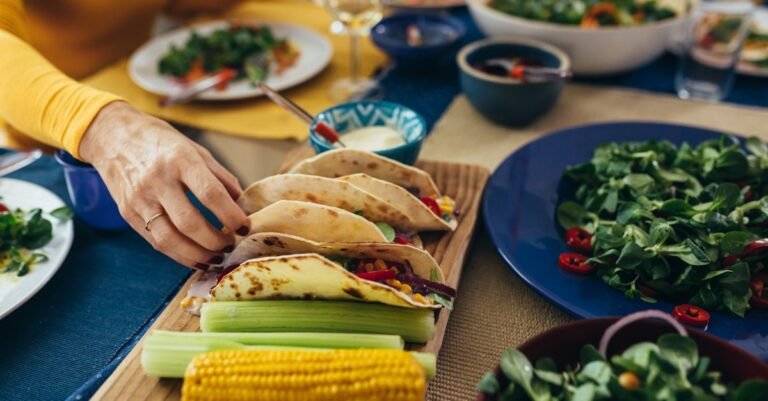The Truth About Clean Eating: Debunking Myths and Embracing Healthy Habits
For the last decade, “clean eating” has enjoyed its moment in the spotlight. While there’s no scientific definition, it generally means diligently avoiding anything processed and instead filling your plate with “whole” or “real” foods. Advocates of clean eating are often quick to demonize certain foods and encourage you to cut out specific foods or food groups. This might include sugar, grains, gluten, or dairy.
We don’t buy the hype — and neither should you
No scientific evidence supports the benefits of clean eating. In fact, a restrictive eating pattern can negatively affect your physical and mental health.
Clean eating vs. healthy eating
There are many reasons why people want to eat clean. For some, clean eating seems like an effective way to lose weight. Others may be looking to improve their energy levels or support their gut health. However, billing clean eating as the way to achieve these goals is a black-and-white way of thinking. While focusing on whole foods and limiting some processed products is a good idea, it’s important to distinguish clean eating from healthy eating.
Clean eating is based on restriction — proponents think of “clean” foods as more pure and thus superior. This suggests that other foods are “dirty” or unhealthy.
Eating a variety of foods ensures that we meet our nutritional needs and nourish the trillions of microbes in our gut microbiomes.
Strategies for healthy eating
Healthy eating doesn’t need to be restrictive. Quite the opposite — it requires us to enjoy a widely varied diet.
Diversify your diet
The research is clear: Eating a variety of plants leads to a healthier microbiome. Plant foods are a great source of fiber, which our gut bugs love.
Eat the rainbow. You may be familiar with this phrase, with good reason. Brightly colored fruits and vegetables are packed with polyphenols.
Embrace fermented foods
Add sauerkraut or kimchi to your sandwich, or sip on some kefir or kombucha. Live yogurts, aged cheeses, tempeh, and miso also contain millions of beneficial probiotics.
Limit ultra-processed products
Ultra-processed foods contain highly processed ingredients with added sugars, fats, and other additives to make them more palatable.
What are processed foods? One nonnegotiable aspect of clean eating is the elimination of processed foods. Unfortunately, this fails to recognize that food processing is an ambiguous, misunderstood concept.
While there’s no clear definition of “processed food,” the United States Department of Agriculture suggests that the term describes any food that has been changed from its natural state.
As you might have noted, most food we eat has undergone some form of processing. Olive oil, sourdough bread, live yogurt, and sauerkraut are all processed foods that can be part of a healthy, balanced diet.
We know that our long-term dietary pattern is the best indicator of our health. So, it’s important to make sure you have a diet that you can sustain over a long period. This may include ultra-processed foods once in a while.
Health risks of clean eating
Social media and wellness blogs are awash with tips and tricks for eating clean. What starts as a desire to be healthy can lead to an unhealthy fixation. A compulsion to eat only “clean” foods considered “pure,” “whole,” or “natural” is a form of disordered eating called orthorexia nervosa.
If you’re concerned about your eating habits and mental health, it’s important to talk about this with a healthcare professional.
Summary
Nourishing our bodies with many different fruits and vegetables, legumes, pulses, and whole grains ensures that our microbes are well-fed and our taste buds are delighted.
An obsession with eating clean, pure, or natural food can lead to orthorexia, a form of disordered eating. This condition can have serious long-term effects on physical and mental health.
Enjoy a variety of brightly colored plants, feast on fermented foods, and remember that there’s a place for all foods in a healthy, sustainable diet.

